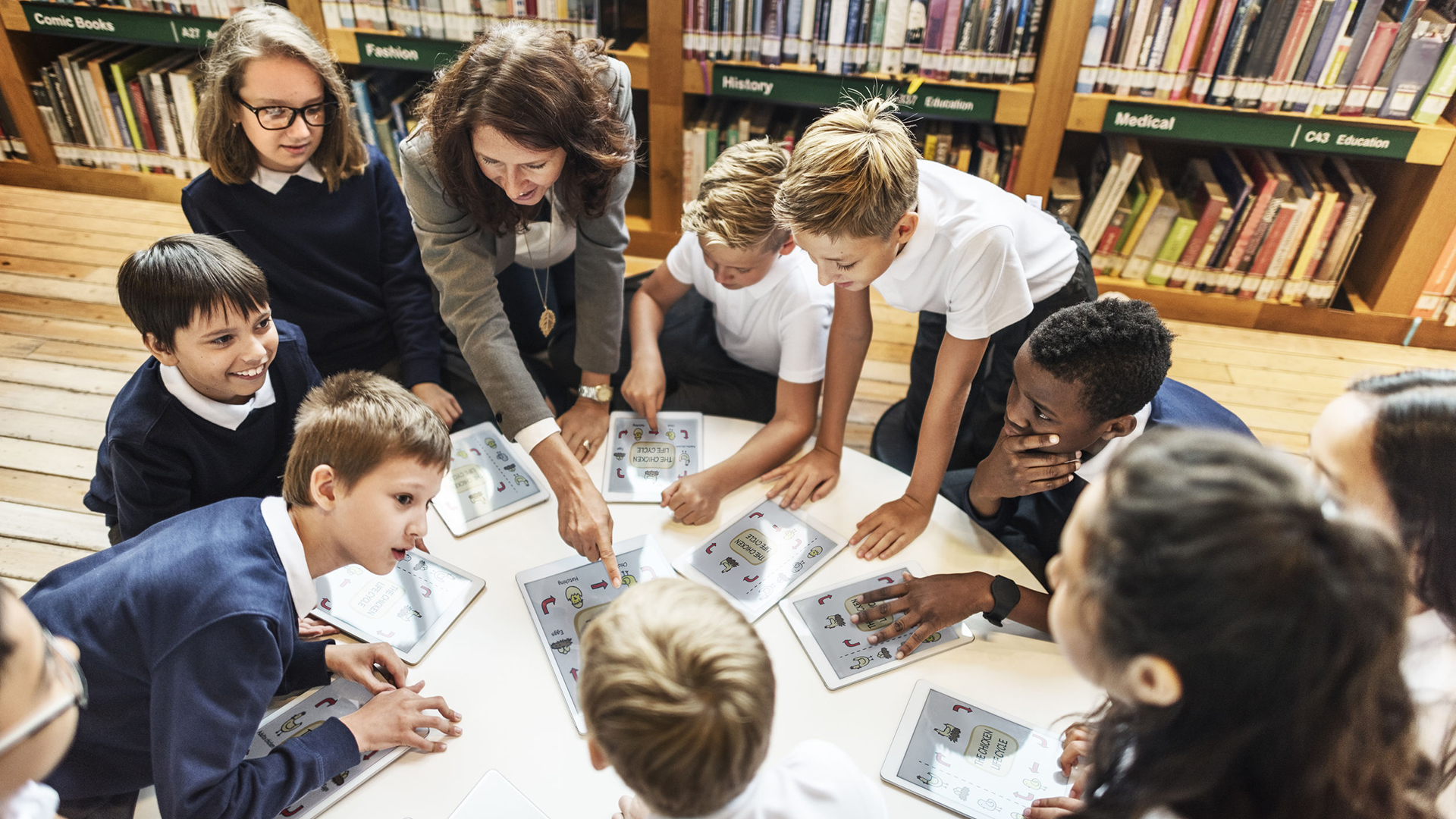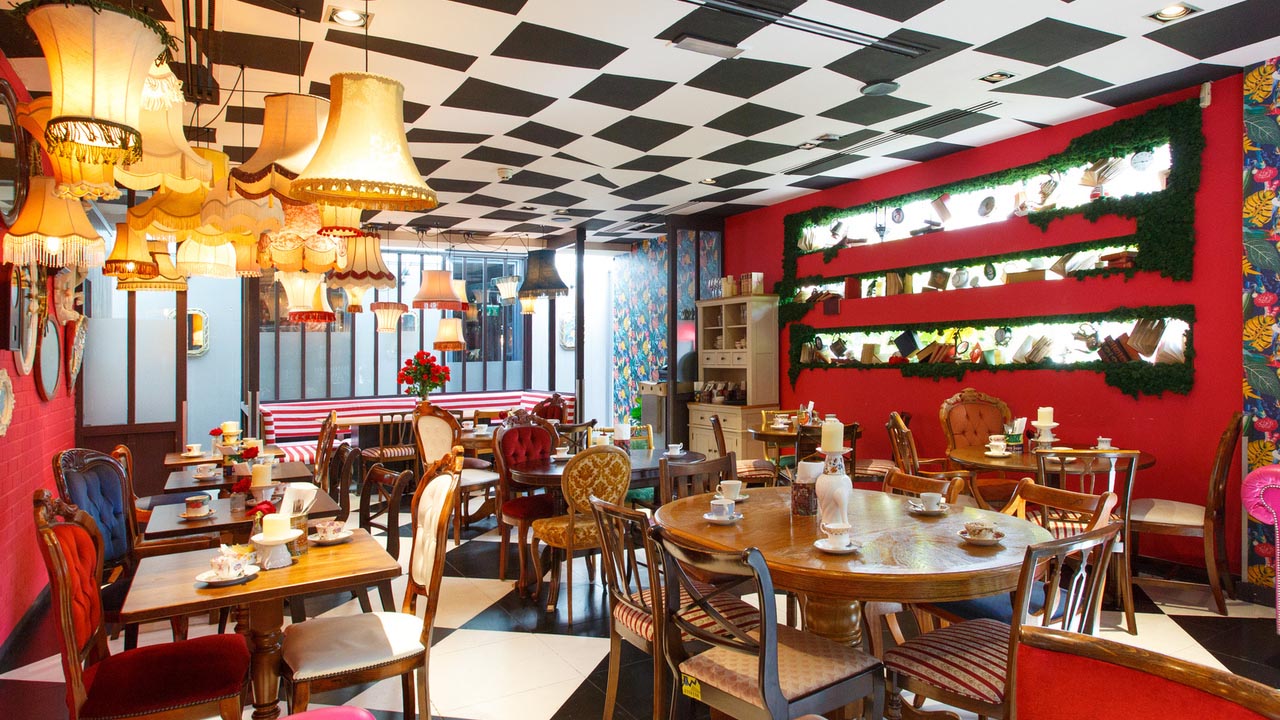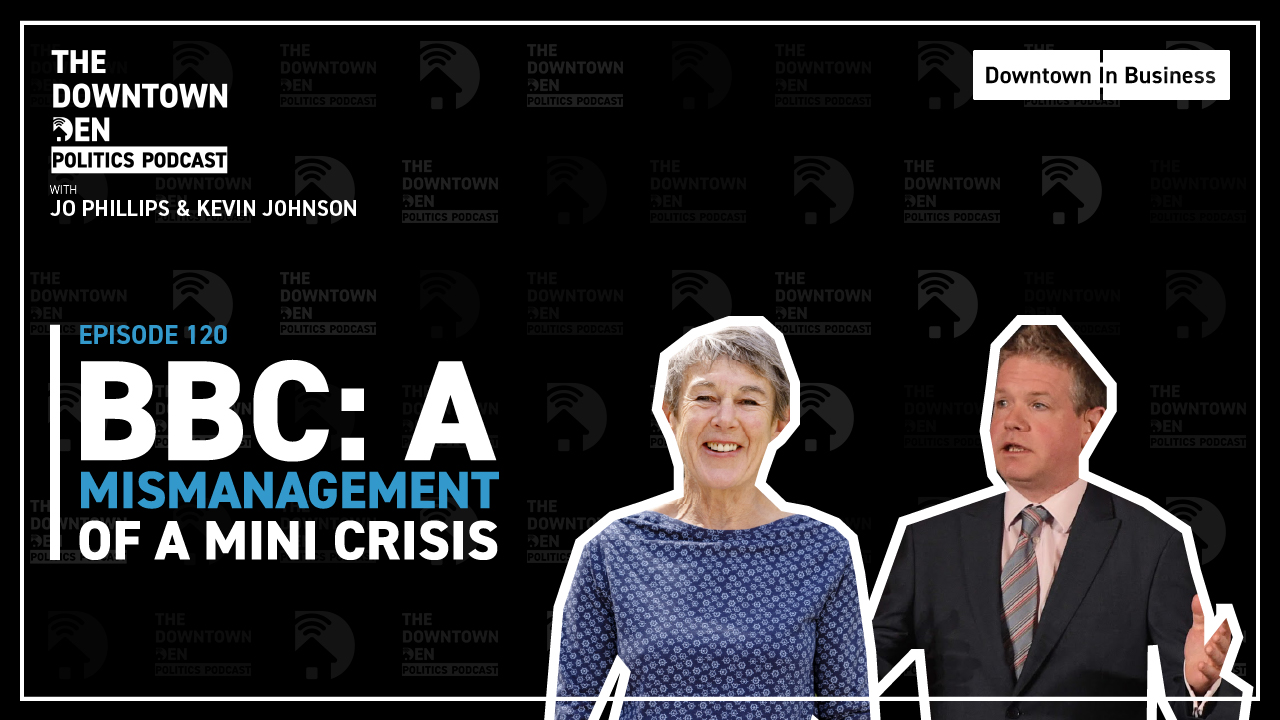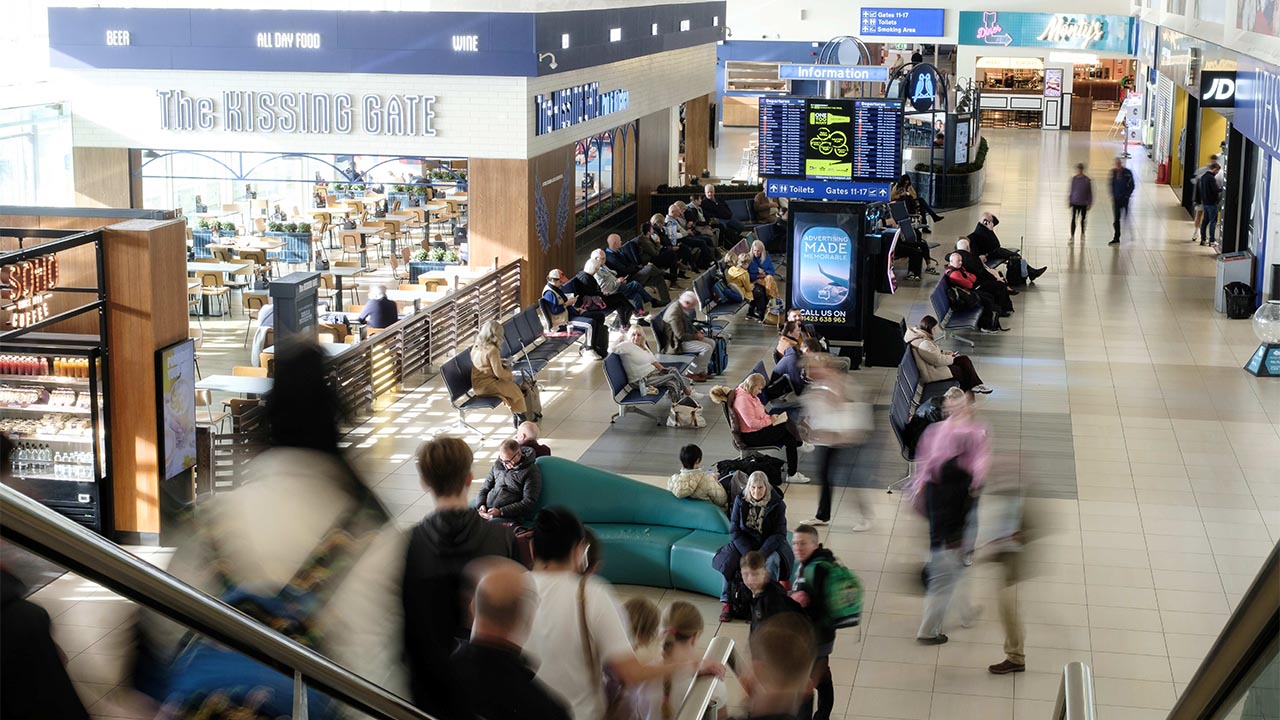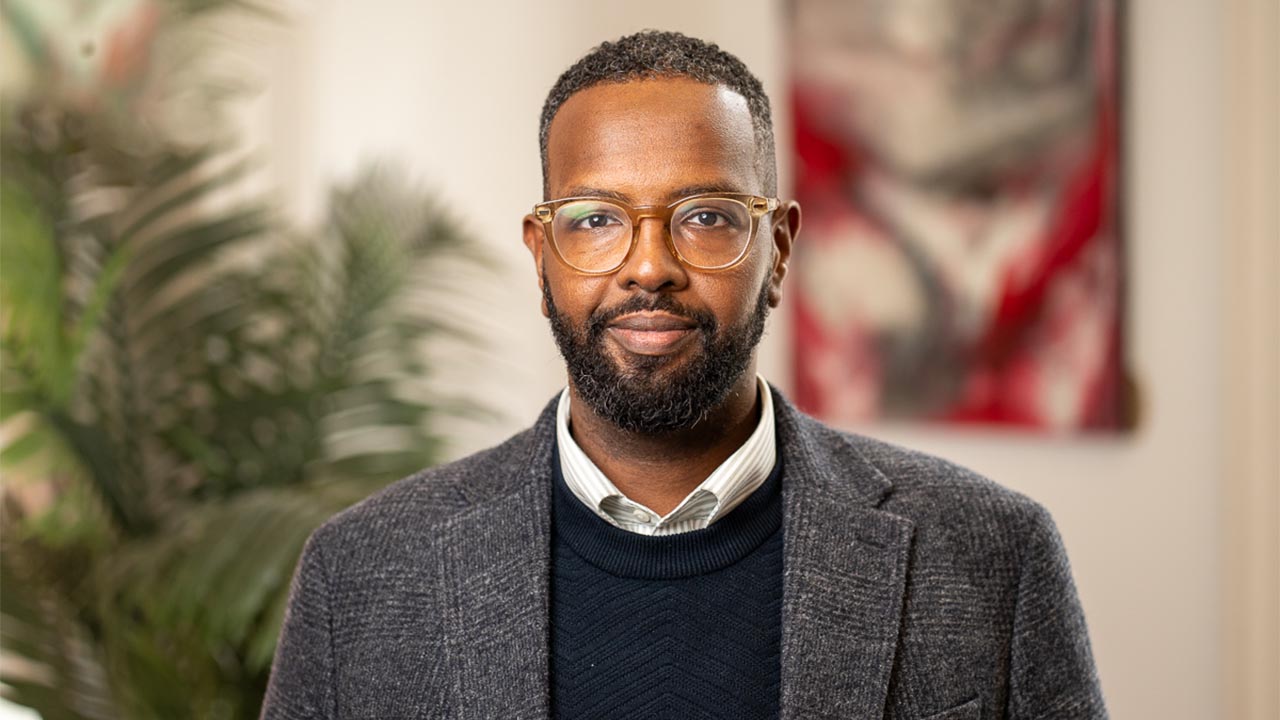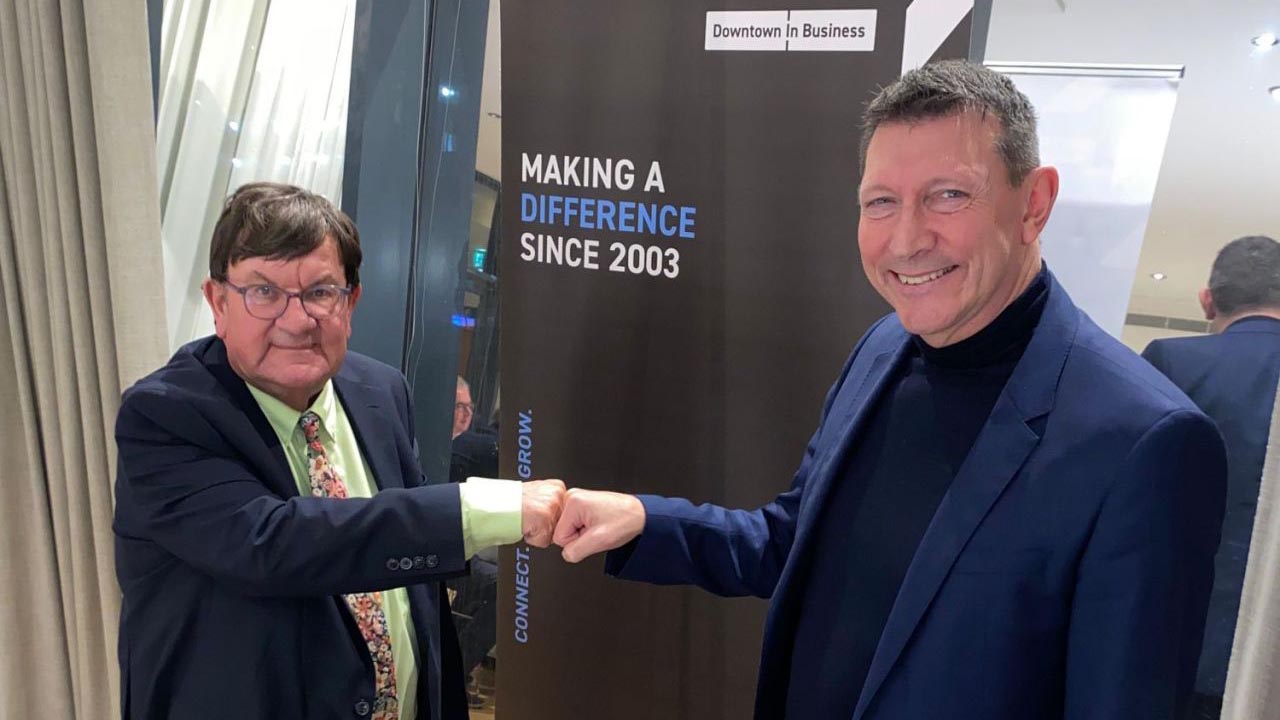Schoolchildren in Lancashire will be discovering how life has changed in their neighbourhoods thanks to a new research and public engagement project from the University of Central Lancashire (UCLan).
To coincide with the upcoming national census, pupils from St Augustine’s Catholic Primary School, in Preston, and Kirkham St Michael’s Church of England Primary School will look at previous censuses and create stories about what life was like in previous times.
The young researchers, aged between seven and nine, will focus on the themes of live, work and play. They will participate in a series of workshops where they will understand how travel has evolved over time and imagine what the future of travel will be like in the next decade. They will generate ideas for this which will become their vision of travelling, coupled with their own collection of census research from family and friends to generate stories.
These stories and proof of concept ideas will feed an online interactive storytelling platform, established to disseminate the work and create further opportunities for the public to engage and share their visions of future travel.
Project leader Dr Richard Weston, an expert in data analysis and statistics at UCLan, said: “Our project aims to engage local youngsters in the history of their area with a focus on them discovering how local life has changed over time.
“Census data is important and provides a fascinating insight to what life was like at that specific moment in time. Engaging the next generation will provide great benefit to understanding societies’ past and present and predict possible futures.”
Due to strict Covid-19 measures, the research team will pre-record video materials, undertake live video sessions and provide information and activity sheets for teachers to facilitate the classroom-based workshops.
UCLan’s Dr Mark Lochrie, lecturer and researcher with expertise in co-design and prototyping within computer science and design, and Professor Janet Read, an expert in designing and evaluating technologies for children, are involved in the project along with Dr Nick Davies, from Glasgow Caledonian University. He will provide experience in co-designing community research and data analysis on travel behaviour.
Dr Weston added: “With the right context and tools, a child’s imagination is the key to unlocking what’s preferable, possible and plausible rather than feasible. As the census evolves in an online format, it is important to acknowledge what the future generation understand about Census data and what’s possible moving forward – reimagining the future by learning from the past.”
UCLan has received nearly £10,000 from the Arts and Humanities Research Council (AHRC) and Economic and Social Research Council (ESRC), part of UK Research and Innovation, to undertake this project as part of the Engaging the public with Census 2021 fund.

